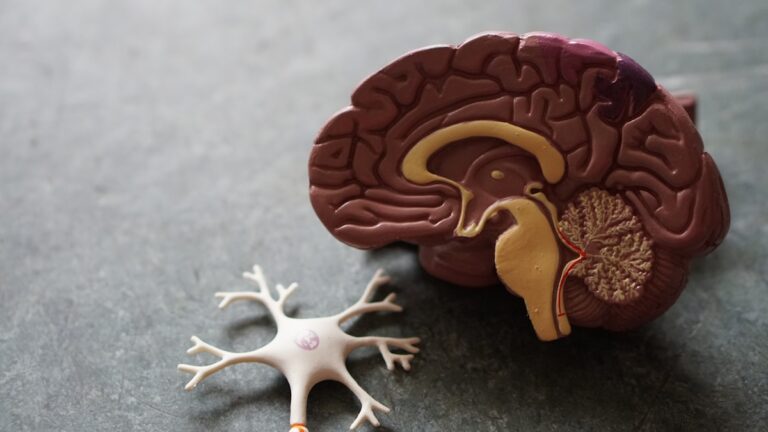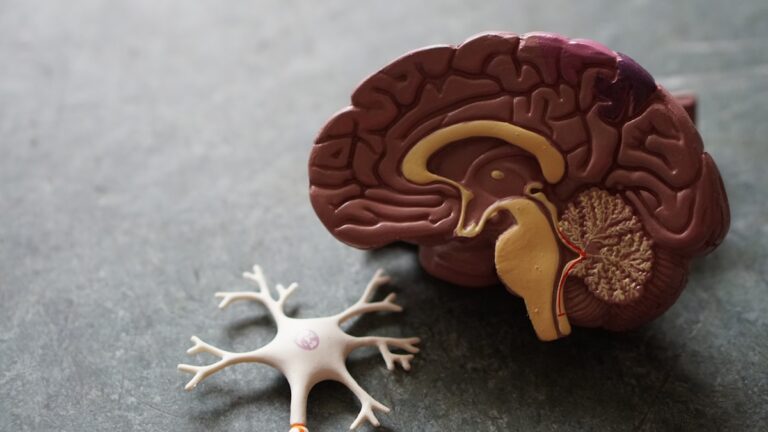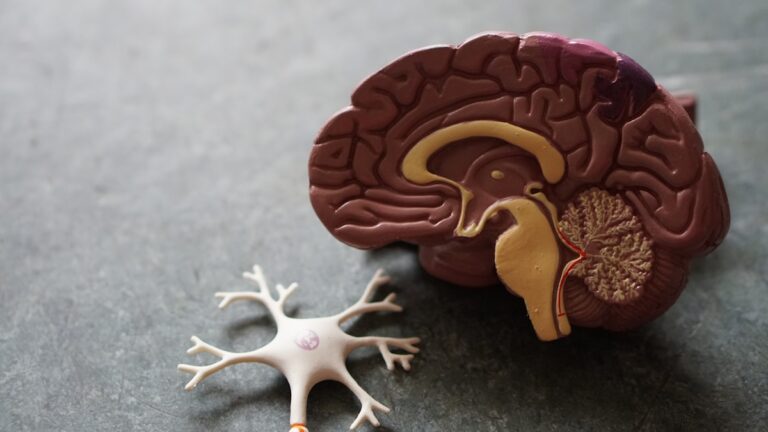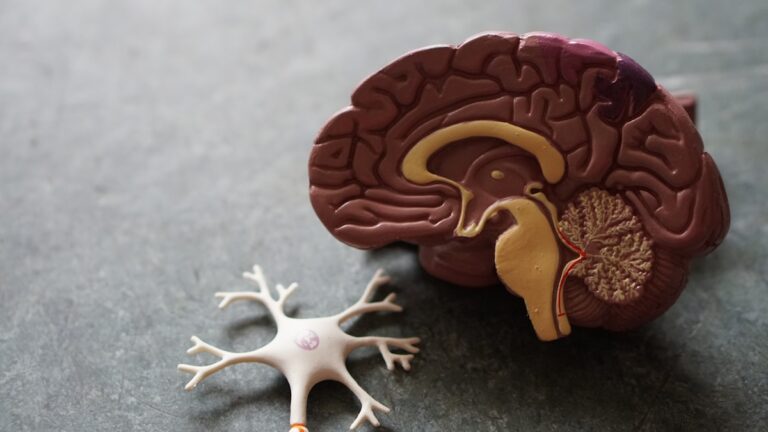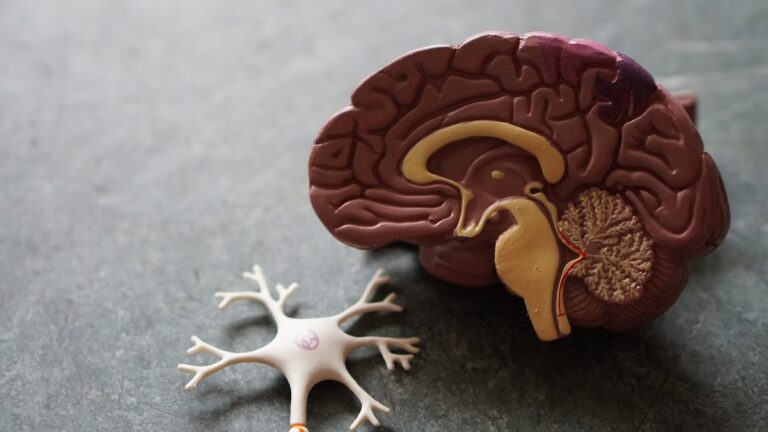Rock stacking games can be a wonderful, safe, and therapeutic activity for Alzheimer’s patients when designed thoughtfully. These games engage fine motor skills, hand-eye coordination, concentration, and sensory stimulation without overwhelming cognitive demands. The key to safety and effectiveness lies in simplicity, supervision, and using materials that minimize risk.
To create or choose safe rock stacking games for people with Alzheimer’s:
– **Use lightweight materials:** Instead of heavy natural stones that could cause injury if dropped or thrown accidentally, opt for smooth foam rocks or soft rubber stones designed to mimic real ones. These reduce the risk of harm while still providing tactile feedback.
– **Limit stack height:** Encourage building low towers rather than tall precarious piles to prevent falls or frustration from frequent collapses. Low stacks are easier to manage physically and visually.
– **Provide stable bases:** Use flat trays or shallow boxes as a base so the rocks don’t slip off easily during play. This helps maintain focus on stacking rather than chasing fallen pieces.
– **Simplify rules:** Keep instructions minimal—such as “stack one rock on top of another” without complex patterns—to avoid confusion while still promoting engagement.
– **Incorporate color coding:** Using brightly colored rocks can help with visual tracking and sorting tasks within the game if desired. Colors also add an element of fun without complicating gameplay.
– **Encourage social interaction:** Rock stacking can be done individually or in small groups where caregivers join in gently guiding the activity. Social connection is beneficial for mood and cognitive stimulation.
Beyond just physical safety considerations, these games offer cognitive benefits by stimulating spatial awareness and problem-solving at a comfortable level tailored to each person’s abilities. They also provide calming sensory input through touch and sight which may reduce agitation common in dementia stages.
For example:
1. A caregiver might present 10 soft foam “rocks” on a tray along with a simple prompt: “Can you make a little tower?” The patient then picks up one piece at a time placing it carefully atop another until all are stacked—or until they choose to stop.
2. Another variation involves sorting colored foam stones before stacking them by color groups; this adds gentle mental challenge but remains accessible due to clear visual cues.
3. For those who enjoy outdoors-like experiences indoors safely, arranging smooth river-rock replicas into patterns mimicking garden paths can evoke pleasant memories while engaging fine motor skills gently.
4. To keep motivation high without pressure, caregivers should celebrate every attempt regardless of outcome—whether the tower stands tall briefly or tumbles immediately—and encourage repeated tries as part of playful exploration rather than competition.
5. Incorporating music softly playing familiar tunes during sessions may enhance relaxation further supporting positive emotional states during playtime.
It is important that any rock stacking game be supervised closely since even lightweight objects pose choking hazards if put into mouths—a common behavior among some individuals with dementia especially in later stages—and because frustration from difficulty could lead to agitation if not managed sensitively.
Additionally:
– Avoid sharp edges on any materials used
– Ensure seating is comfortable with good posture support
– Keep session lengths short initially (10–15 minutes) increasing only as tolerated
– Observe responses carefully; discontinue if signs of distress appear
These activities align well with broader lifestyle approaches shown beneficial for brain health such as combining physical movement (even small hand movements), intellectual engagement through simple problem solving like balancing shapes/colors/weights visually perceived via stacking tasks plus social interaction—all factors known to help slow cognitive decline progression when consistently practiced over time under supportive conditions.
In essence, safe rock stacking games adapted thoughtfully become more than just pastime—they serve as gentle exercise for mind-body coordination fostering dignity through accomplishment even amid memory challenges posed by Alzheimer’s disease.

